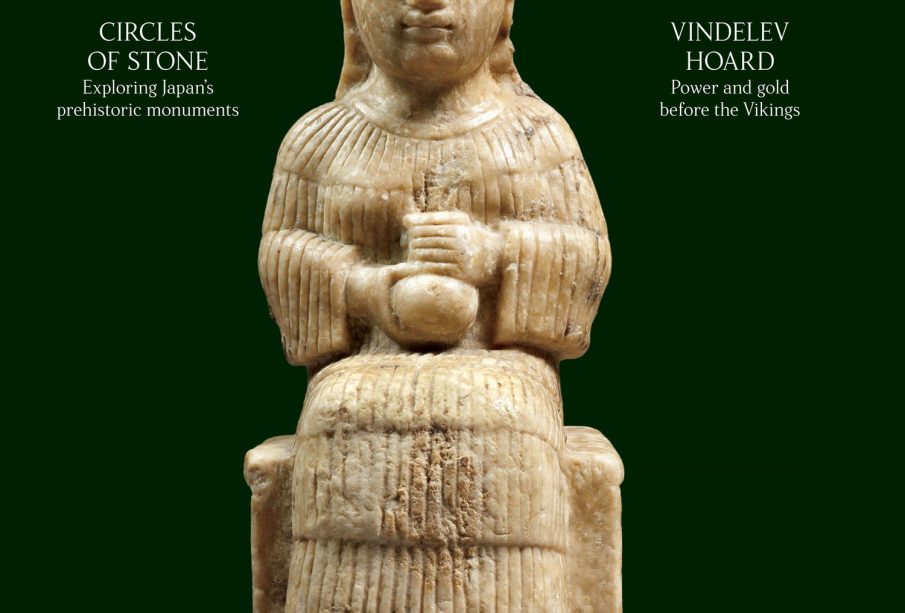Minerva: Revolutionising Higher Education for a Global Future

Introduction
Minerva is a groundbreaking educational institution that has gained significant attention in recent years for its innovative approach to higher education. Established to address the challenges of traditional university systems, Minerva offers a unique model that emphasises global learning, critical thinking, and real-world application. Its relevance in today’s fast-evolving education landscape cannot be overstated, as it embodies the shifts necessary to prepare students for future challenges in a complex globalised world.
Minerva’s Unique Approach
Founded by Ben Nelson in 2012, Minerva University moves away from conventional classroom settings by adopting a fully active learning environment. Students engage in a four-year curriculum that combines rigorous academics with a focus on global exploration, fostering skills like problem-solving, analysis, and adaptability. Unlike traditional universities, Minerva does not have physical campuses; instead, it operates online, offering a world-class education that is accessible from anywhere in the world.
The curriculum is designed around seven core competencies, ensuring that graduates can think critically about various issues they may encounter in their professional lives. They study across different cultural contexts, spending a significant amount of time in diverse cities around the globe, such as Berlin, Buenos Aires, and Seoul. This model not only enhances their academic learning but also enriches their interpersonal skills and cultural understanding.
Recent Developments
Minerva’s approach has recently been in the spotlight due to its alignment with current education trends prioritising flexibility and real-world readiness. According to a study by the Organisation for Economic Co-operation and Development (OECD), skills such as creativity and critical thinking will be essential in the future workforce, and Minerva’s curriculum is urgently addressing this need. The institution has also expanded its outreach efforts, attracting students from various backgrounds, thus contributing to a more diverse academic community.
Furthermore, Minerva has launched initiatives aimed at enhancing accessibility in education, including partnerships with various organisations to provide scholarships and financial aid for low-income students. As a result, the university has seen a significant increase in applications from underrepresented demographics, which bodes well for the institution’s long-term vision of inclusivity.
Conclusion
In a world where traditional educational models are being questioned, Minerva’s pioneering approach is setting a new standard for higher education. With a curriculum focused on active learning and global exposure, it equips students with the necessary skills to navigate the complexities of modern society. As Minerva continues to evolve and adapt to educational needs, its impact will likely cement its position as a leader in educational innovation, inspiring other institutions to rethink their approach to teaching and learning.









